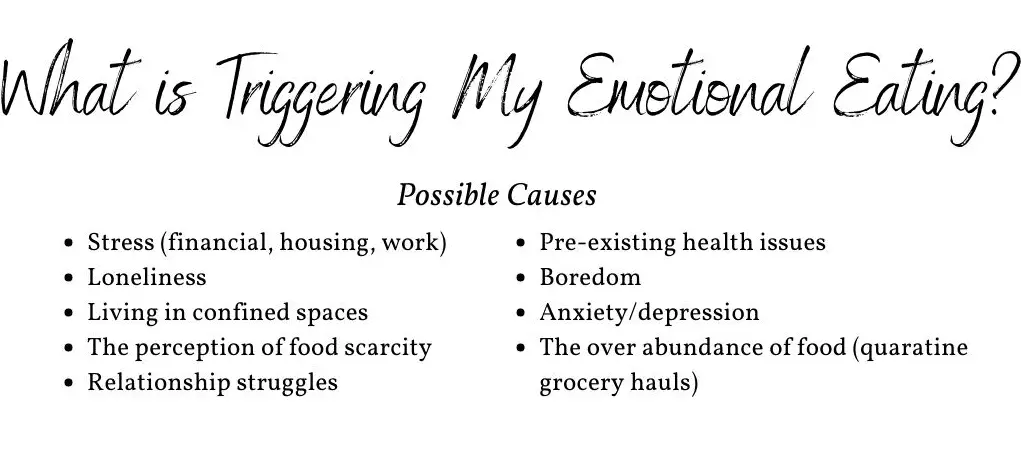Old habits die hard. But with a little determination and the right strategies, you can break free from these shackles and embark on a transformative journey toward better eating habits.
Whether you’re aiming to shed a few pounds, boost your energy levels, or simply improve your overall well-being, making sustainable changes to your diet is vital. Here are some tips to help you navigate this journey successfully:
Start With Small Changes
The first step toward transforming your eating habits is to start small. For instance, some individuals explore past life regression hypnosis to uncover emotional connections with food that may stem from earlier experiences, viewing this as a step towards understanding their current eating habits.
Overhauling your diet overnight might lead to frustration and backsliding. Instead, focus on making one change at a time, like swapping out soda for water or herbal tea. This minor adjustment can significantly reduce your sugar intake, paving the way for healthier choices.
Additionally, integrating mindful techniques learned from such hypnosis sessions can help reinforce your commitment to these small, manageable changes, aligning your eating habits more closely with your overall health goals.
Understand Your Eating Triggers

Understanding your eating triggers involves closely examining the reasons behind your food choices. It’s not just about hunger; emotions, environments, and habits play significant roles. Here are some ways to delve deeper into this process:
- Track Your Emotions: Note how you feel before and after you eat. You may discover that certain emotions, like stress or sadness, lead you to eat when you’re not actually hungry.
- Identify Environmental Triggers: Pay attention to where and when you eat. Sometimes, being in specific places or situations can prompt you to eat out of habit rather than need.
- Assess Your Habits: Look for patterns in your eating behaviors. Do you always reach for a snack while watching TV? Identifying these habits is the first step toward changing them.
By becoming more aware of these factors, you can start to make more conscious choices about when and what you eat, helping to break the cycle of emotional or habitual eating.
Enjoy Treats in Moderation
Deprivation can lead to cravings and binge eating. It’s okay to enjoy your favorite treats occasionally, but moderation is key. For example, know when to stop snacking at night. Savoring a small portion of something you love can be part of a balanced diet and help you stick with your healthy eating goals in the long run.
Plan Your Meals

Meal planning can save you time, money, and stress while ensuring that you eat healthily. This strategy keeps you on track with your eating habits and minimizes waste by ensuring you use what you buy. Consider these tips for effective meal planning:
- Choose a Variety: When planning, select a mix of recipes that you enjoy and that provide a balance of nutrients. Incorporating a variety of meals throughout the week keeps your diet interesting and ensures you’re getting a wide range of nutrients.
- Batch Cooking: Prepare and cook meals in batches. This approach is especially useful for busy days when cooking might not fit into your schedule. Freezing portions for later use ensures that a healthy meal is always just a microwave away.
- Smart Shopping: Make a detailed shopping list based on your meal plan and stick to it. This prevents impulse buys that can lead to unhealthy eating and increases your grocery shopping efficiency.
This way, you’ll always have healthy options on hand, reducing the temptation to reach for convenient but less nutritious foods.
Listen To Your Body
Learning to listen to your body’s hunger and fullness cues is key to transforming your eating habits. Try to eat slowly and without distractions, such as your phone or TV. This mindfulness can help you enjoy your food more and recognize when you’re satisfied, preventing overeating.
It’s also essential to distinguish between true hunger and emotional eating. If you find yourself reaching for food out of boredom or stress, consider other ways to address these feelings, such as taking a short walk or engaging in a hobby. Tuning into your body’s signals allows for a more harmonious relationship with food and helps foster a healthy eating mindset.
Stay Hydrated
Often, thirst is mistaken for hunger. Staying well-hydrated can prevent unnecessary snacking and improve your overall health. Aim for at least eight glasses of water a day, more if you’re active or it’s hot outside. Here are a couple of additional tips to enhance hydration:
- Infuse Your Water: To make drinking water more enjoyable, try infusing it with slices of fruits, such as lemon, lime, cucumber, or berries. This adds a refreshing flavor, making it easier to consume more throughout the day.
- Set Reminders: In our busy lives, it’s easy to forget to drink water. Setting reminders on your phone or computer can prompt you to take hydration breaks, ensuring you meet your daily water intake goals.
Carrying a water bottle with you can serve as a constant reminder to drink up, helping you to stay well-hydrated and energized throughout the day.
Make Smart Snacking Choices
Snacking isn’t inherently bad; it’s all about the choices you make. Swap out chips and candy for healthier alternatives that not only satisfy your hunger but also contribute to your overall nutrition. Here are some ideas to get you started:
- Nuts and Seeds: A handful of almonds, walnuts, or pumpkin seeds can provide a good mix of protein, healthy fats, and fiber to keep you feeling full longer.
- Fruits and Vegetables: Crunchy carrots, bell pepper strips, or a piece of fruit like an apple or banana are not only nutritious but also hydrating.
These nutritious snacks can satisfy your hunger without derailing your eating habits, making it easier to stay on track with your healthy eating goals.
Embrace Flexibility
It’s essential to be flexible and kind to yourself when rebuilding your eating habits. There will be days when you don’t stick to your plan perfectly, and that’s okay. What matters is that you’re making an effort to improve your eating habits. Each meal is a new opportunity to make healthy choices.
Conclusion
Transforming your eating habits doesn’t have to be an all-or-nothing approach. By implementing these tips, you can make lasting changes that lead to a healthier lifestyle. Remember, it’s about progress, not perfection. With patience and persistence, you’ll find that small steps can lead to big changes in your overall well-being.



